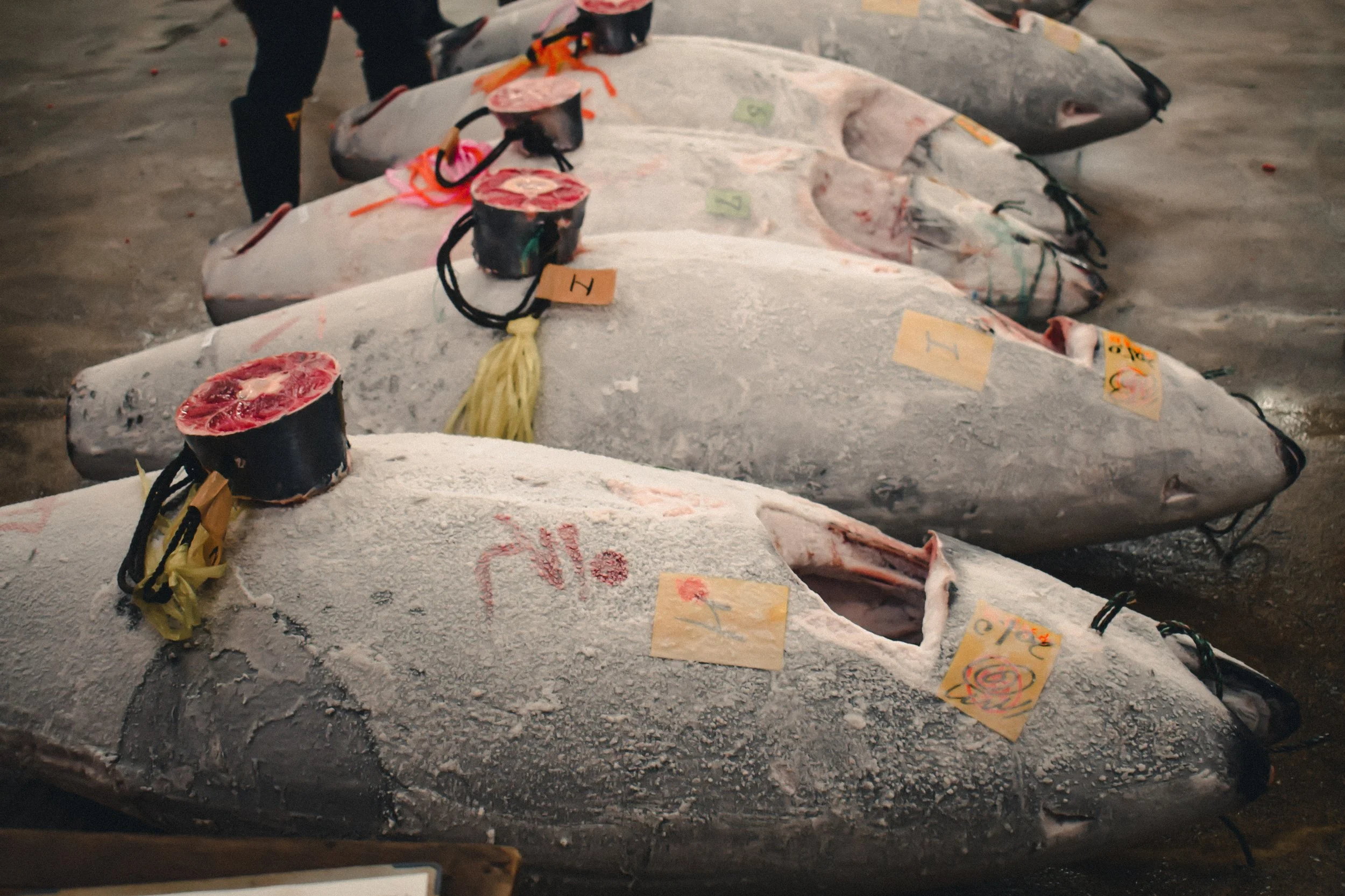Is Japan’s fishing industry sustainable?
According to data from the Food and Agriculture Organization (FAO) of the United Nations, Japan eats the most fish per capita, followed by China and Indonesia. In 2019, the average person in Japan consumed nearly 50 kg of fish per year, while the average person in China and Indonesia consumed around 35 kg and 25 kg, respectively.
Overfishing, or the excessive extraction of fish and other marine resources, is a global problem that has affected many countries throughout history. Historically, Japan has one of the largest fishing industries in the world and has a long history of overfishing. In the past, the country has been criticized for overfishing in the Pacific Ocean, particularly for species such as tuna, and for its role in the depletion of fish stocks in other regions.
In recent years, Japan has made significant efforts to promote sustainable fishing practices in its fishing industry. However, like many countries, it still faces challenges in ensuring the sustainability of its fishing operations. As a result, many fish populations in Japanese waters are now considered to be well-managed and sustainably harvested.
Quota systems: Japan has implemented quota systems that limit the amount of certain species that can be caught. These quotas are based on scientific assessments of the size and health of fish populations and are designed to ensure that fishing is sustainable and does not harm the marine ecosystem.
Gear regulations: Japan has also implemented regulations on fishing gear, such as size limits for nets and other gear, to minimize the impact of fishing on non-target species.
Education and outreach: Japan has invested in education and outreach programs to increase awareness of overfishing and the importance of sustainable fishing practices. These programs aim to educate fishermen and consumers about the importance of responsible fishing and their role in supporting sustainable practices.
International cooperation: Japan has also worked with other countries and international organizations to address overfishing globally. For example, Japan is a member of the International Commission for the Conservation of Atlantic Tunas (ICCAT) and participates in regional fisheries management organizations (RFMOs) that set catch limits and other regulations for the sustainable management of fish stocks.
Overall, Japan's efforts to address overfishing in its fishing industry have helped reduce the impact of fishing on marine ecosystems and ensure the industry's long-term sustainability.
However, like many countries, Japan still faces challenges in ensuring the sustainability of its fishing industry. For example, some fish populations, such as Pacific bluefin tuna, are still considered to be overfished and are at risk of collapsing if current fishing levels are not reduced. In addition, Japan's fishing industry is facing increasing pressure from climate change and other environmental challenges, such as ocean acidification and plastic pollution.
Overall, while Japan has made progress in addressing overfishing, there is still more work to be done to ensure the long-term sustainability of the industry and the health of marine ecosystems.
Frozen tunas ready to be inspected on a tuna auction in Tokyo Japan

